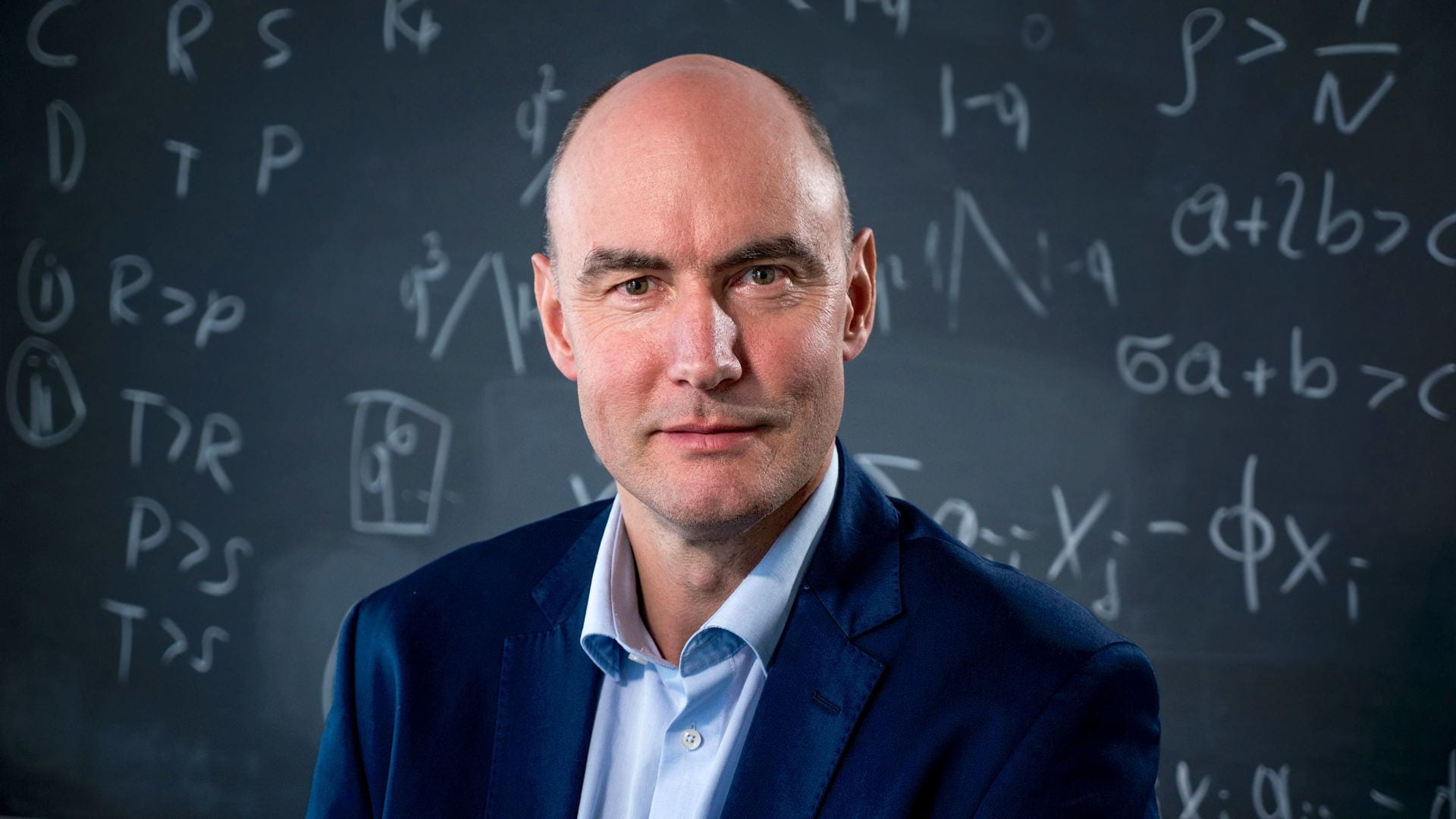
Martin Nowak
Professor of Mathematics and of Biology
Department of Mathematics
Department of Organismic
and Evolutionary Biology
Harvard University
Bio
Martin Nowak was born in Vienna in 1965. He went to the Albertus Magnus School. He studied Biochemistry and Mathematics at the University of Vienna. He worked on his diploma thesis with Peter Schuster and on his PhD thesis with Karl Sigmund. He graduated sub auspiciis praesidentis rei publicae.
In 1989, he went as Erwin Schrödinger Scholar to Oxford where he worked with Robert May, the later Lord May of Oxford. He was a Junior Research Fellow at Wolfson College and then at Keble College. In 1992, he became a Wellcome Trust Senior Research Fellow in Biomedical Science. In 1997, he became Professor of Mathematical Biology at the University of Oxford.
In 1998, Martin was recruited by the Institute for Advanced Study (IAS) in Princeton to head its first program in theoretical biology, which was a five year initiative established by IAS Director Philip Griffiths and supported by IAS Trustee Leon Levy.
In 2003, Martin was appointed by Harvard University as Professor of Mathematics and of Biology. He holds a joint appointment in the Departments of Mathematics and Organismic and Evolutionary Biology (OEB). From 2003 until 2020, he also served as Director of the Program for Evolutionary Dynamics.
In 1996, Martin won the Weldon Memorial Prize of the University of Oxford. In 1999, he won the first Akira Okubo Prize of the Society for Mathematical Biology. In 2001, he won the David Starr Jordan Prize, which is awarded by Stanford, Cornell and Indiana Universities. In 2003, he won the Henry Dale Prize of the Royal Institution in London. In 2016, he won the Fannie Cox Prize for excellence in science teaching at Harvard University.
In 2010, he received a Doctor Honoris Causa from the Alexandru Ioan Cuza University of Iasi, Romania. In 2015, he received a Doctor of Humane Letters Honoris Causa from the Dominican School of Philosophy and Theology at Berkeley, California.
In 2001, Martin was elected to the Austrian Academy of Sciences.
Martin wrote more that 500 papers and 4 books. He is one of the most cited researchers in the areas of mathematical biology, theoretical biology and evolutionary biology. He helped to create the fields of virus dynamics, mathematical oncology, evolutionary graph theory, adaptive dynamics and indirect reciprocity. He proposed that cooperation is the third fundamental principle of evolution beside mutation and selection.
Research Interests
- Mathematical biology
- Evolutionary dynamics
- Infectious diseases
- Cancer genetics
- Game theory
- Language